
On April 15, as Sudan marks two years of relentless conflict, Britain will co-host a high-level summit at Lancaster House in London alongside Germany and France. The conference will gather foreign ministers from nearly 20 countries and international organizations with a single objective: to unite efforts in pushing Sudan’s rival generals toward a ceasefire—or, at the very least, toward accountability.
This diplomatic move is modest in contrast to the scale of Sudan’s suffering, a crisis that remains among the most devastating and underreported humanitarian emergencies in the world. While global attention remains largely concentrated on Gaza and Ukraine, Sudan—Africa’s third-largest country—is experiencing a slower-moving catastrophe that is every bit as grim.
Over 12 million people have been displaced since the conflict broke out in April 2023. Entire cities lie in ruins, children face starvation, and the vibrant communities that once defined the nation are now little more than statistics in aid reports. What began as an internal power struggle has devolved into full-blown humanitarian collapse—and much of the world has looked away.
The conflict stems from a violent rivalry between Gen. Abdel Fattah al-Burhan of the Sudanese Armed Forces (SAF) and Gen. Mohamed Hamdan Dagalo—commonly known as Hemedti—who leads the paramilitary Rapid Support Forces (RSF). Once partners in a post-coup transition, they have turned on each other in a brutal war for control, fueled by impunity and international indifference.
The devastation is most visible in Darfur, where cities like El Geneina have suffered repeated attacks targeting the Masalit ethnic minority. Eyewitness reports and satellite imagery show widespread destruction. The RSF—descendants of the Janjaweed militias once accused of genocide—appear to be repeating history. Survivors recount brutal acts of sexual violence, starvation as a siege tactic, and the conscription of child soldiers.
In Sudan’s capital, Khartoum, once a bustling metropolis, war has shut down hospitals, cut off water supplies, and left schools inoperative. The RSF controls key urban areas and has established a shadow regime centered around torture, looting, and extortion.
One particularly tragic case involves Alwaleed Abdeen, a young Sudanese entrepreneur who was rescued from an RSF-run detention facility so emaciated and injured that his family did not recognize him. He later died of his wounds. His case is just one of many—made notable only because his story made it out.
The statistics reflect a crisis of immense proportions. According to the United Nations, nearly 18 million Sudanese are suffering from acute food insecurity. In North Darfur, famine is not a looming threat—it is already unfolding, slowed only by bureaucratic inertia and blocked aid corridors. Still, Sudan rarely garners media attention. Why? Because it is geopolitically inconvenient.
There are no clear heroes, no moral clarity, and no strategic benefits for the West. Instead, there are two ruthless commanders backed by regional powers, each seeking dominance at any cost.
Efforts by the African Union and Intergovernmental Authority on Development to mediate have yielded little progress. Western nations—quick to condemn atrocities elsewhere—have offered only muted responses to Sudan’s descent. But silence is not neutrality; it is complicity through inaction.
The London conference presents a vital opportunity to mobilize humanitarian resources, open aid corridors, and issue a united diplomatic demand for an end to the violence. For Sudanese civilians, it offers a flicker of hope.
Western and regional actors must pledge to apply real pressure on both warring factions, which includes targeted sanctions—not just symbolic visa bans—on those responsible for atrocities. It also means imposing a comprehensive arms embargo and confronting the countries that continue to supply weapons to both sides. Long-term diplomatic engagement, led not only by European partners but also by the United States, which once supported Sudan’s democratic transition in 2019, is urgent.
Notably, the Sudanese Armed Forces and the Rapid Support Forces have not been invited to the London talks—nor has the Sudanese government. The exclusion of these parties signals a calculated judgment: that neither side is currently willing to negotiate in good faith, both locked in a nihilistic power struggle.
For the UK, Germany, and France, the immediate aim is to build consensus among external players who are, in many cases, quietly prolonging the war. Yet this exclusion is not without consequence. Sudan’s foreign minister has already dismissed the conference as



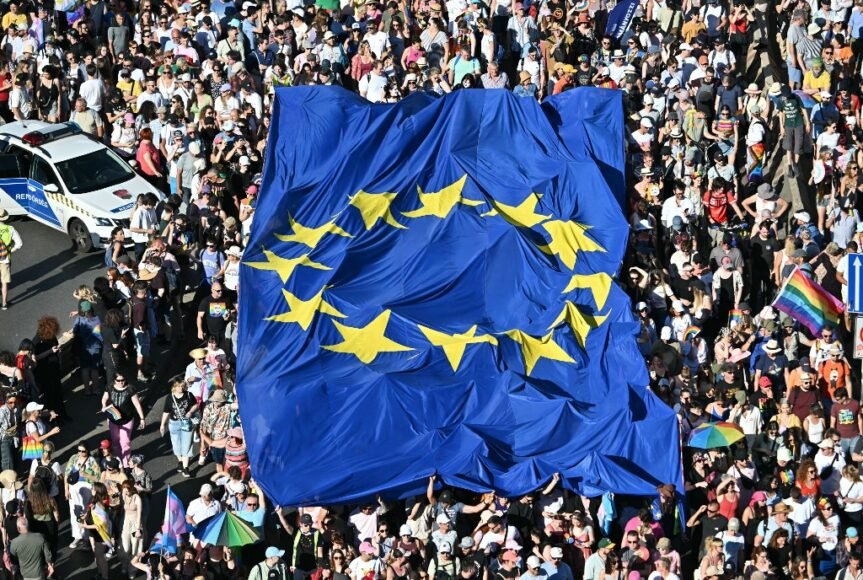
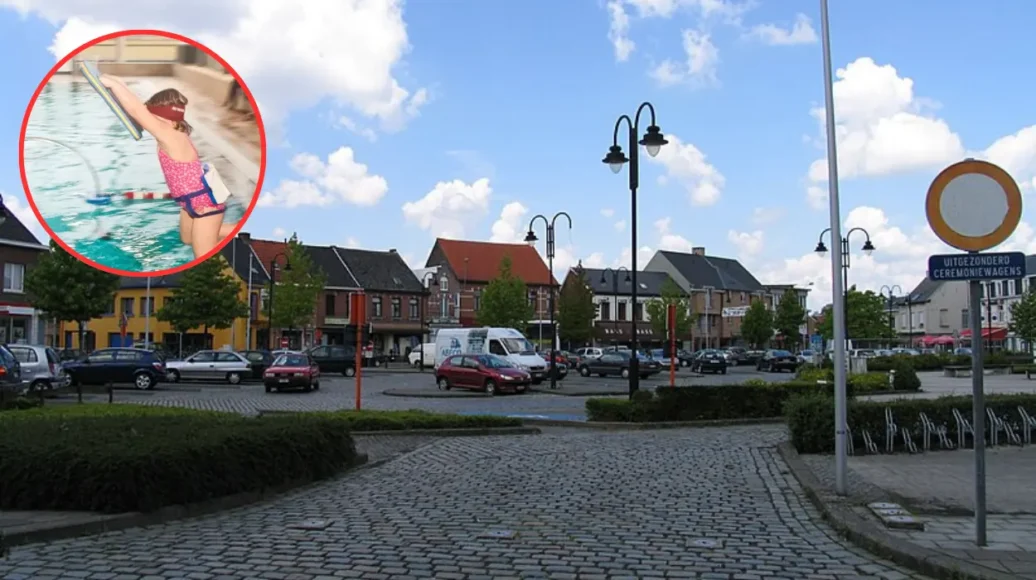
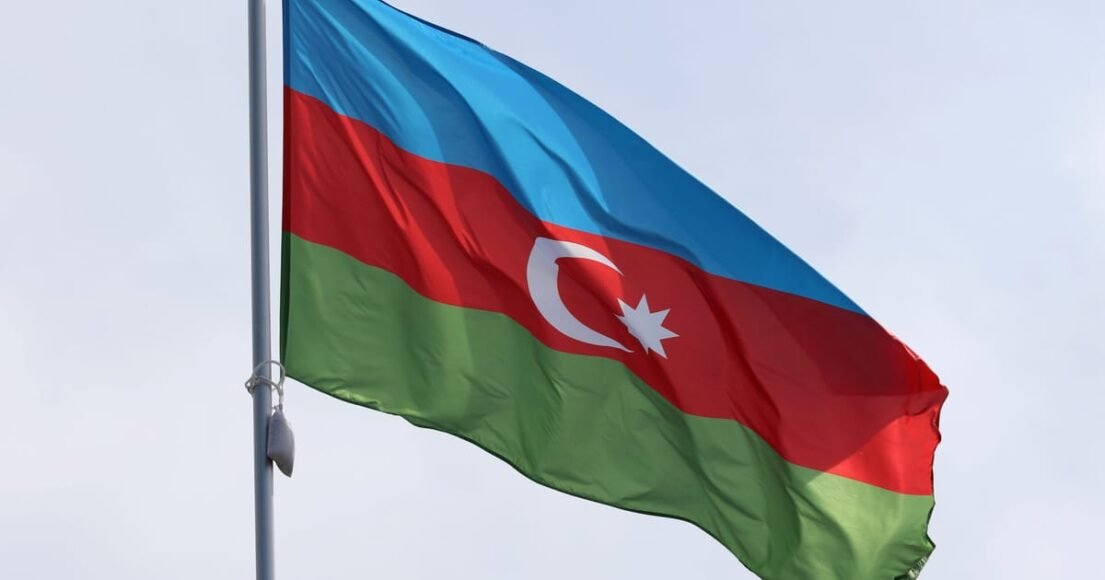

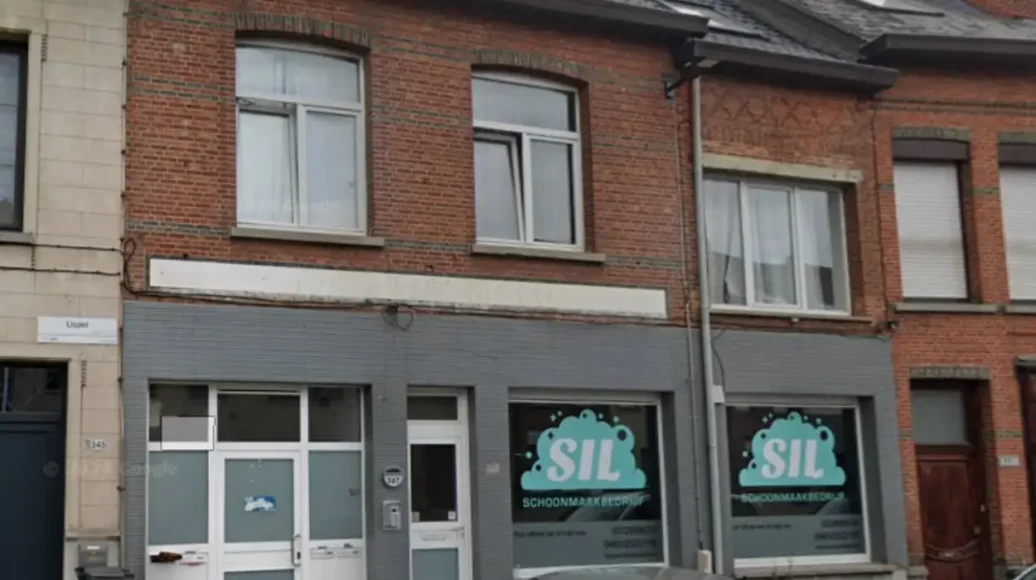
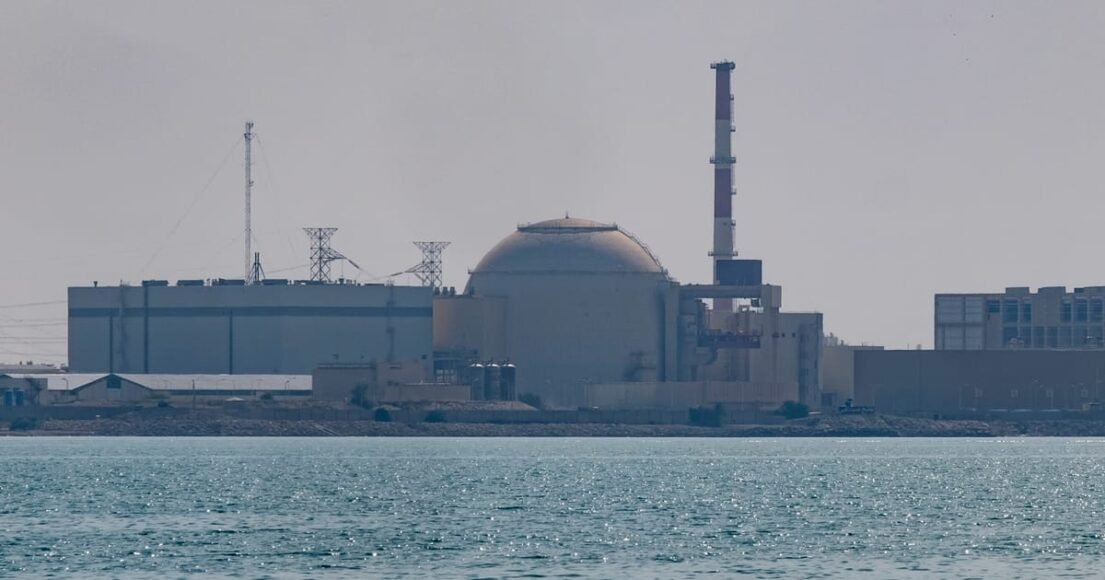
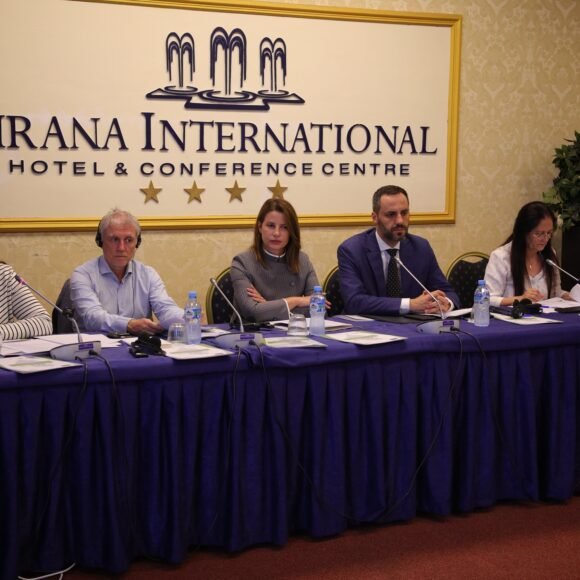
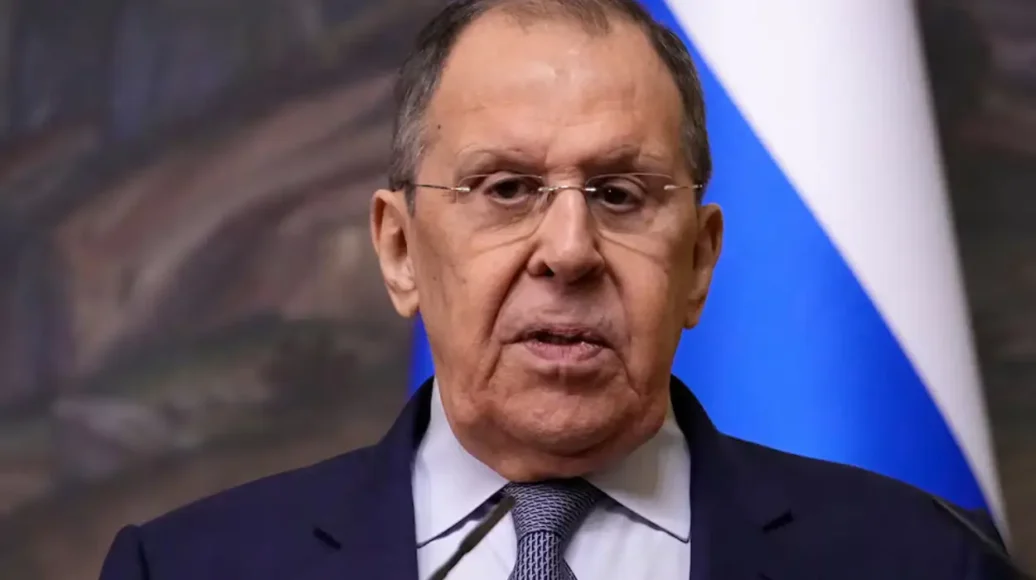
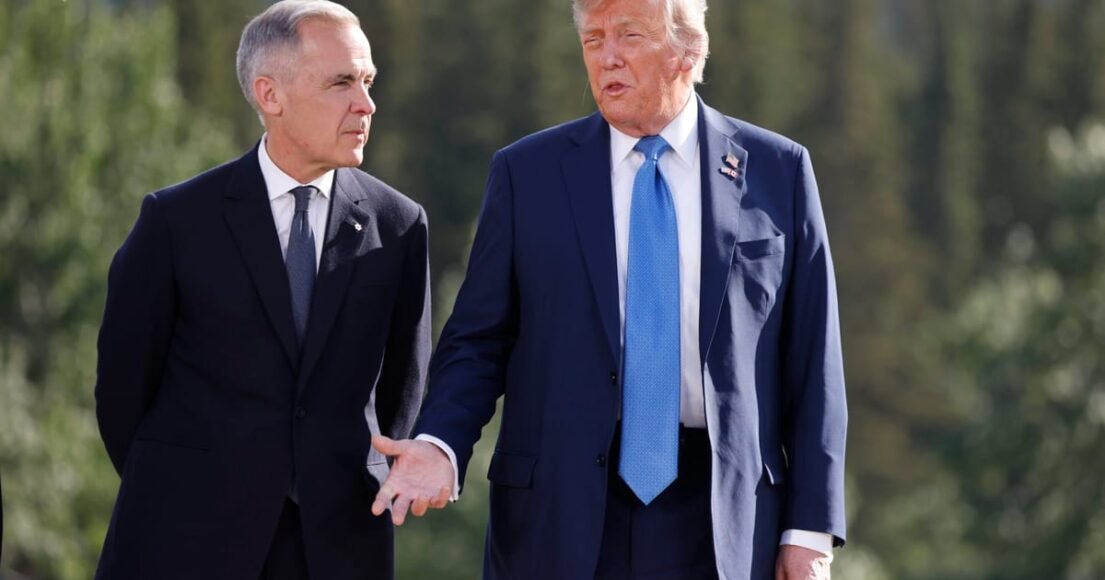
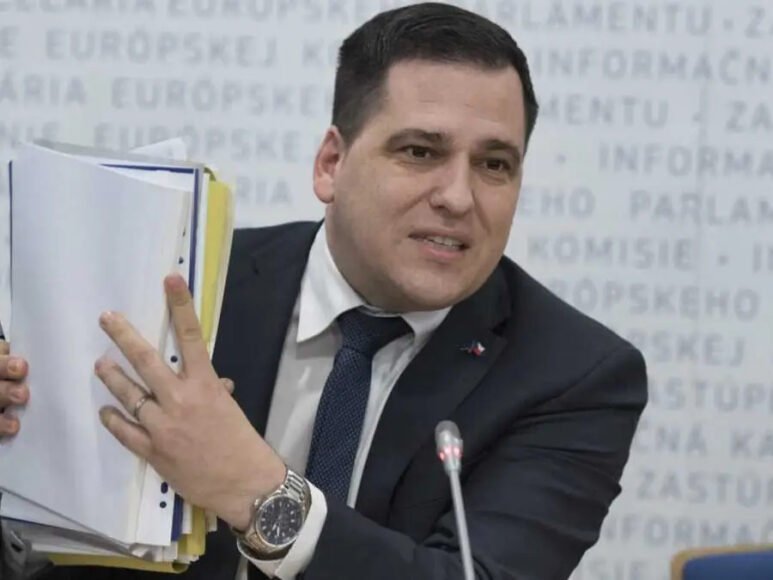
Leave a Reply